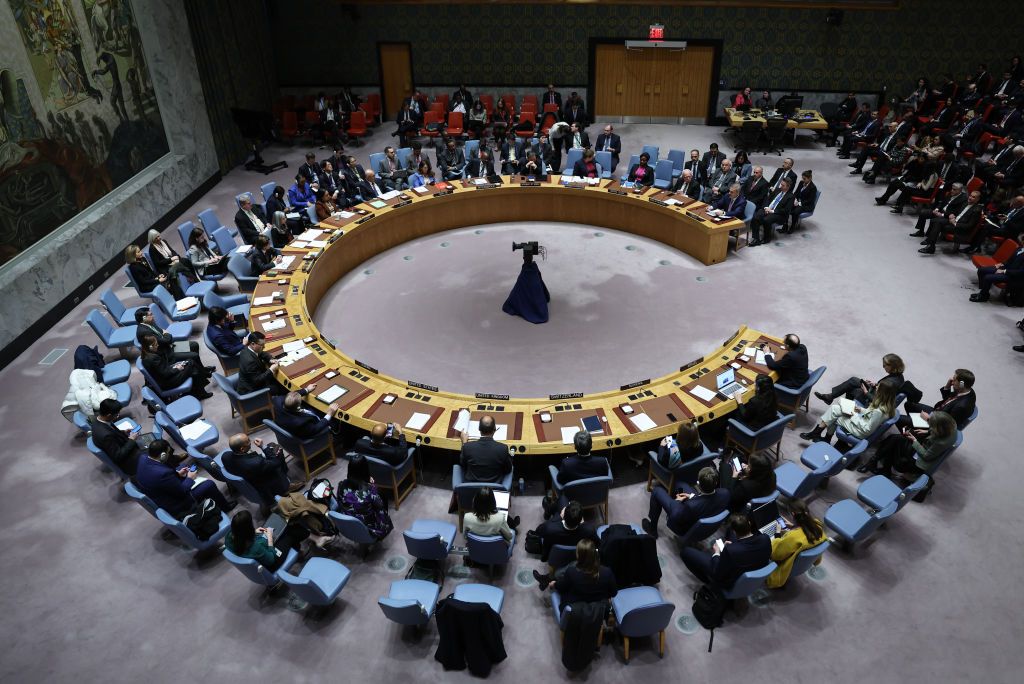Is the World Going Dark in 2025? The Truth About the Viral Eclipse Hoax!

Can you imagine the Earth plunging into total darkness for six entire minutes? That’s the wild claim swirling around social media about an eclipse on August 2, 2025! As users flock to platforms like X (formerly Twitter) with hashtags like #AugustEclipse2025, a bizarre misconception has taken root, prompting many to believe we’re on the brink of a celestial spectacle that simply isn’t happening. The truth is, this phenomenon is just a mirage—there will be no solar eclipse on that date anywhere on the globe, as confirmed by a report from Space.com.
The misinformation floodgate opened wide when various social media posts and viral videos, often lacking context, misled the public into thinking an astronomical event was just around the corner. These misleading posts failed to clarify that the actual total solar eclipse everyone is buzzing about is scheduled for August 2, 2027, not 2025. It’s a classic case of the internet running wild with half-truths!
NASA, alongside other astronomical databases, has weighed in on this confusion, ensuring that there will be no eclipse on August 2 this year. So, where did this mixed-up narrative come from? It appears that one sensational article from The Daily Galaxy, titled ‘The World to go dark for six minutes in August,’ inadvertently fueled this fire by discussing the 2027 eclipse without clearly marking the year. This kind of miscommunication can lead to mass hysteria, causing people to anticipate an event that simply won’t occur.
Mark your calendars for the real deal—the total solar eclipse in 2027, which is shaping up to be a breathtaking sight! Dubbed the ‘eclipse of the century,’ it promises a staggering totality duration of six minutes and 23 seconds, with its path slicing across Europe, North Africa, and the Middle East. Unfortunately, for those in North America, the view will be limited to a partial glimpse in parts of Maine.
According to a report by USA Today, the path of totality for the 2027 eclipse will stretch a remarkable 160 miles wide, crossing through countries such as Spain, Tunisia, Egypt, Morocco, Saudi Arabia, Yemen, and Somalia. This isn’t just your average eclipse; it’s a once-in-a-lifetime experience for many, as we won’t see another long-duration eclipse until 2124.
While the hype around the 2025 eclipse turns out to be a total bust, there are still some celestial events you won’t want to miss. Keep your eyes peeled for a partial solar eclipse on September 21, 2025, visible from Australia, Antarctica, and parts of the Pacific. Then, look forward to an annular solar eclipse on February 17, 2026, which can be best viewed from Antarctica and parts of South America and Africa, followed by a total solar eclipse on August 12, 2026, visible from Greenland, Iceland, and Spain.
In summary, if you were gearing up for a dramatic blackout in 2025, you might want to adjust your expectations. There’s no solar eclipse on that date; the next significant one is set for 2027. Misinformation can spread like wildfire, but the facts remind us to look to the skies with a discerning eye!























